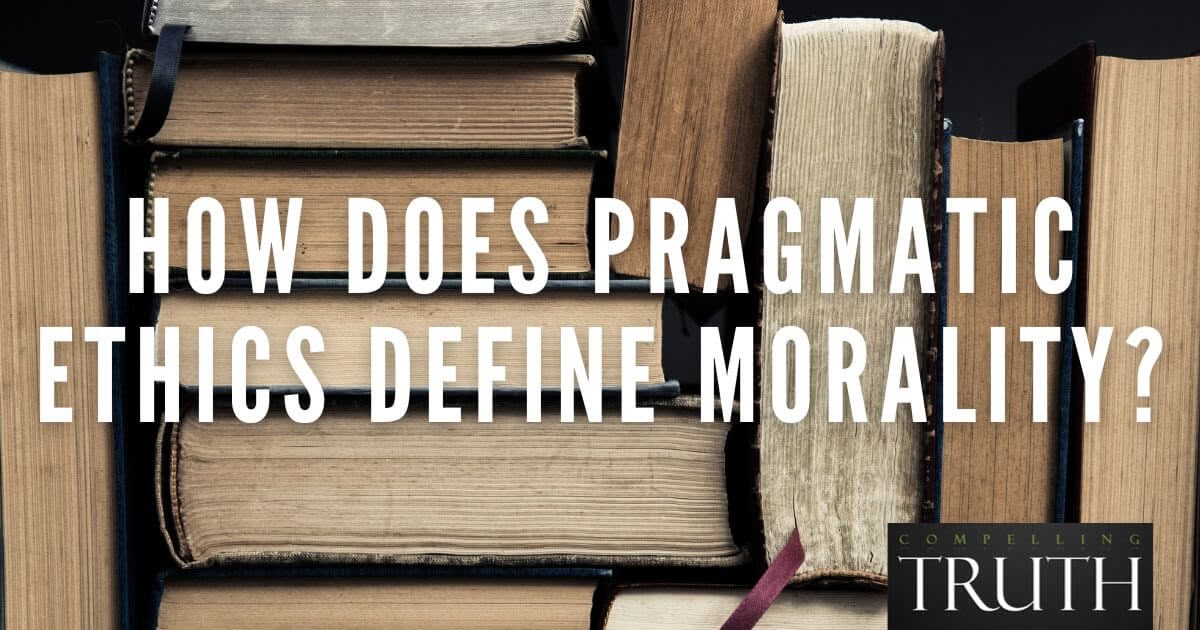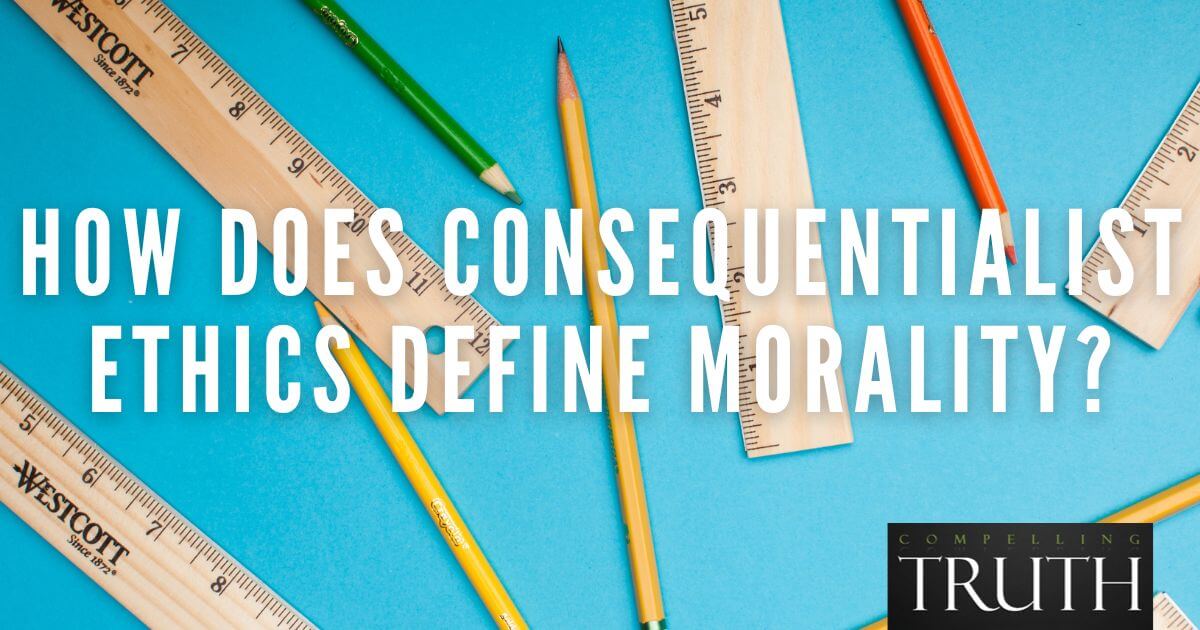what does the bible say?
Virtue ethics, one of the theories of normative ethics, defines morality based on the character of the individual, rather than solely on their actions or the consequences. This approach, rooted in ancient Greek philosophy, particularly Aristotle's works, emphasizes that a truly moral person possesses virtuous traits that naturally lead to ethical behavior. Virtue ethics centers on achieving eudaimonia (human flourishing) through the development of arête (excellence or virtue) in character and action. The Bible aligns with many aspects of virtue ethics, highlighting the importance of developing a righteous character (1 Peter 1:15–16) and the connection between a person's inner nature and their actions (Luke 6:43–45). However, Scripture also recognizes the ongoing influence of our fallen nature (Romans 7:15–20) and the need to rely on God's Word for moral guidance (2 Timothy 3:16–17). Virtue ethics offers valuable insights into character formation and moral development, complementing other ethical frameworks and biblical teachings on righteousness.




